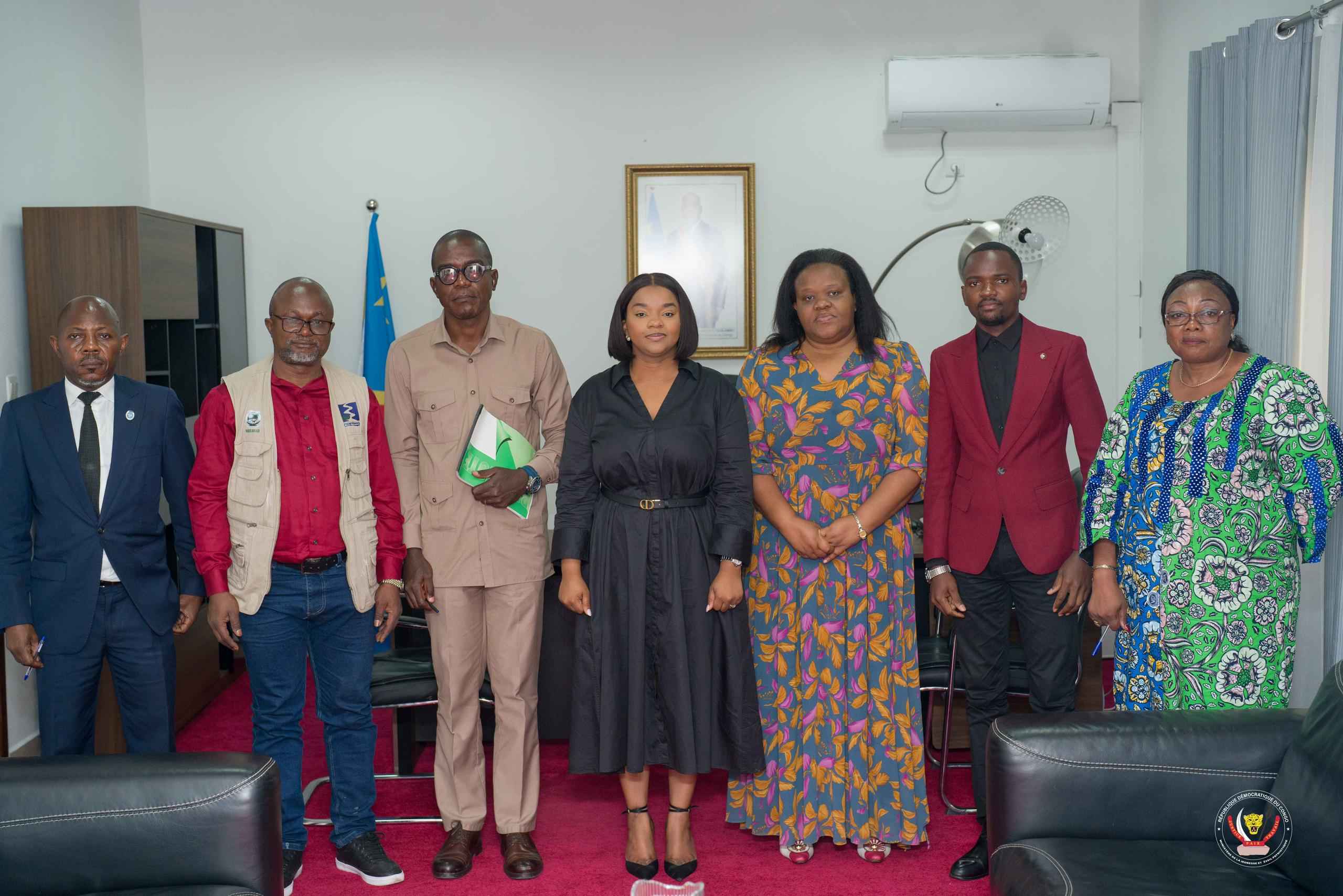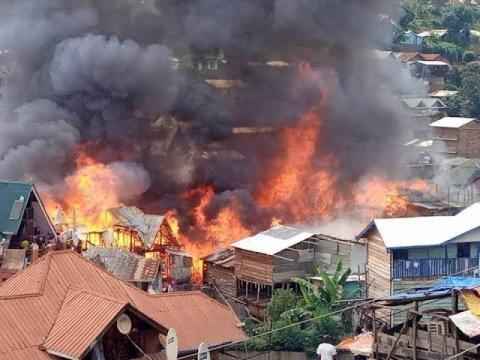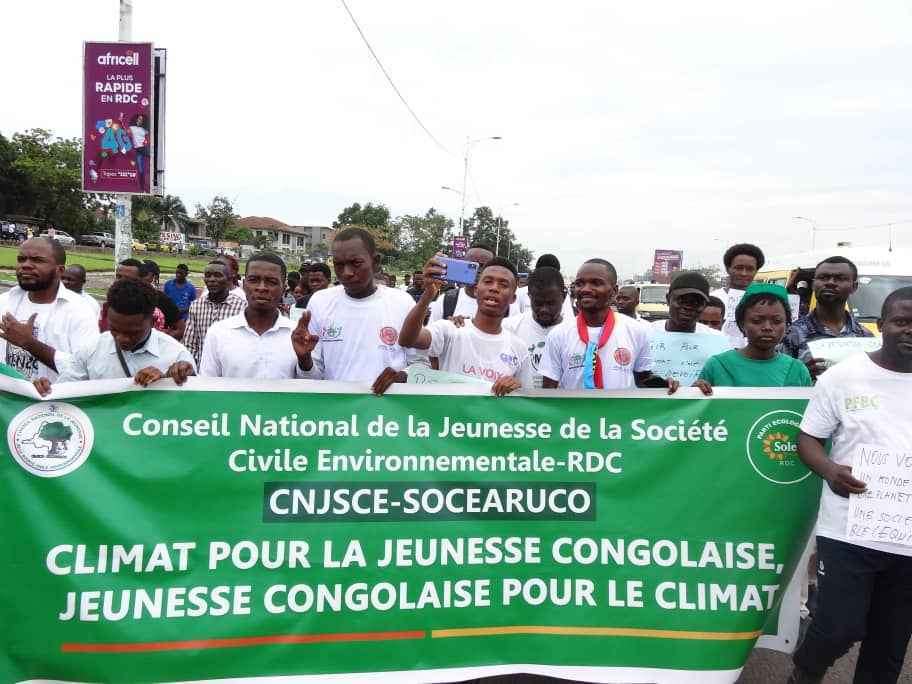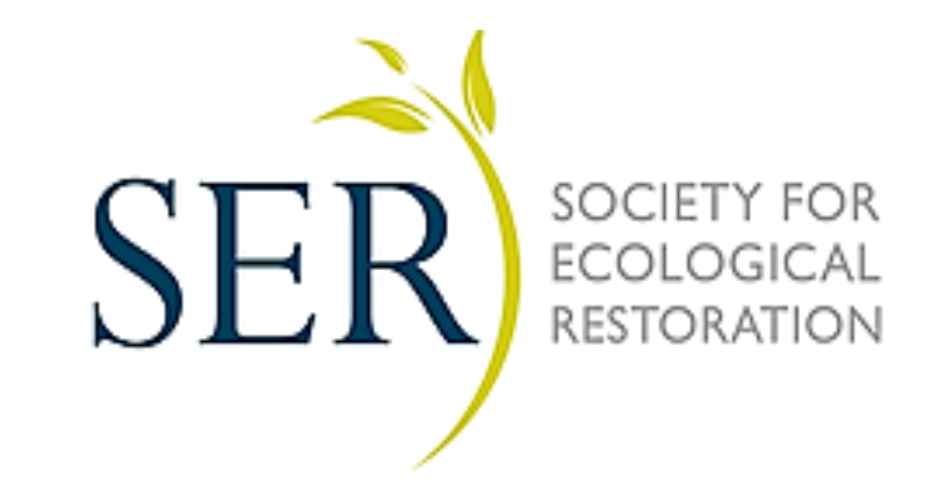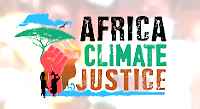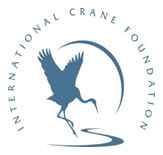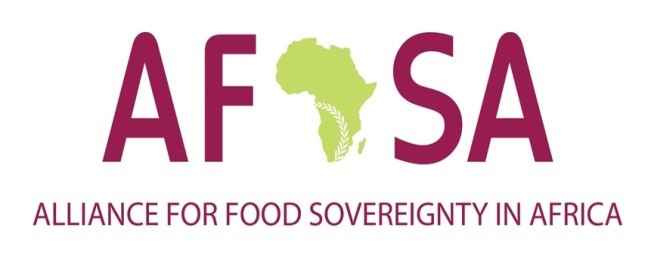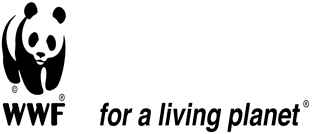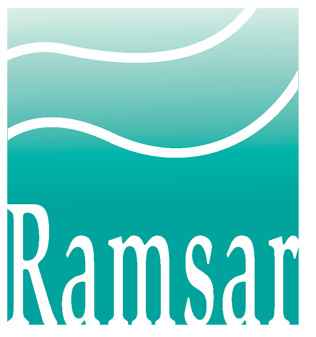.jpg)
Cop 16 in Colombia: African civil society declaration and calls for urgent actions.
Posted on 2024-10-31 - Catégorie: Climate ChangeFrom 7 to 10 October 2024, the African Climate Justice Collective (ACJC)
held the first physical African People’s Counter COP (APCC) in Saly. The APCC was joined by over one hundred participants from social movements, grassroots
communities, women, youth, civil society organisations, academics, workers, and others from 21 countries in Africa.
Due to decrease of civic spaces in many respective countries, our coalition has become a platform in charge of changing the narrative community resilience and
survival and how geopolitics have affected Africa’s capacity to respond to climate change impacts and biodiversity conservation. Participants shared solutions
including building a unified understanding and shared political action toward real solutions to the climate change, biodiversity conservation, agroecology
rainforest protection, indigenous right in regard of social crises facing Africa and the world.
Several themes were discussed within as a common position of Africa civil society
voice.
1. Food Sovereignty which highlighted the need for strengthening ofa groecological policies and practices, community forest and landm anagement, pastoralism and local fishing practices especially for womenw ho constitute the majority in the rural areas.
2. Just Transitions that interrogated labour considerations in energys overeignty, the fast, fair and equitable fossil fuel phase-out, and systemc hange as we move towards renewable energy adoption and greeni ndustrialisation for the African continent;
3. Climate and biodiversity finance with a focus on the financial architecture needed for the just transition including agroecology, adaptation and mitigation and loss and damage fund. The call for ensuring that the most vulnerable communities affected by climate change and the loss of biodiversity have access to the funds.
In light of the Cop 16 in Cali, African people are standing in solidarity to speak and defend the rights of Africans to a safe environment encouraging to growth and progress, even in the face of climate, environmental, social, and economic devastation escalated by neoliberal architecture hosted by Global North nations.
To dismantle exploitative power and impunity, the African people assert our
power to relegate false narratives by promoting African solutions through the following declarations, in opposition to market and Global North-led impositions
at the Cop 16 in Cali and forthcoming COP29 in Baku.
As Peoples of Africa we declare;
1. The integration of agro-ecology into national conservation strategies and into the roadmap for implementing the Global Biodiversity Framework
is now;
2. Climate Justice Now: We demand climate justice for Global South communities at the Centre of the climate action. The Global North nations who have contributed the most to the climate crisis affecting our nature,
biodiversity and indigenous community. We denounce all forms of false solutions to climate change such as Net zero, and Geo-engineering
and End Fossil Fuel Extractions Across Africa NOW. It is time to prioritize sustainable practices through people-centered renewable energy
that protects our ecosystems, our biodiversity and supports local economies. Fossil fuel and mining companies must pay for the rehabilitation of degraded land, oceans and rivers resulting from hydrocarbon extraction and mining.
3. Localization and the decolonization of funding mechanism supporting biodiversity and climate actions and indigenous communities land is now. Climate reparations, remediation and compensation to theimpacted peoples of Africa alongside colonial reparations, imust be paid to African nations and the Global South, reflecting the scale of damage caused by climate change and historical exploitation. These reparations should be in the form of grants, not loans that further entrench debt.
4. Reform land tenure laws and promote food sovereignty: African governments must embrace food sovereignty by prioritizing local food crops over cash crops and by promoting seed conservation methods and
resisting GMOs in order to better implement the Global Biodiversity Framework.
5. Stop Waste Colonialism: Africa is not a dumping ground and we are not disposable. It is therefore paramount for us as Africans to adapt to the Global Plastics Treaty which allows us to address plastic pollution across
its lifecycle, from extraction to production and disposal.
Free Prior and Informed Consent (FPIC) and Self Determination:
Women, indigenous peoples and their communities' right need to be
ratified and implemented in all extractive and logging projects.
Communities must have the right to say no or yes to development.
Should communities say yes, they should dictate the terms of the project in a manner that benefits them and their environment. The
Compensation should be commensurate to the level of displacement and
losses. The emergency of Protecting environmental defenders and
indigenous peoples landless is now.
7.
Involve the impacted and marginalized in decision-making:
Governments should develop sustainable participation mechanisms that bring women, youth indigenous people, people with disabilities and herders, fisherfolk, small-scale food producers’ voices to the policy table to create people-centred policies and real solutions that address the effects of climate change and biodiversity loss. The demands of the
impacted people in their diversity must be heard and respected.
Media’s contact: cbcsnetworkrdc@gmail.com, +243994013754
Done at Cali on 10/30th /2024
#cbcs




